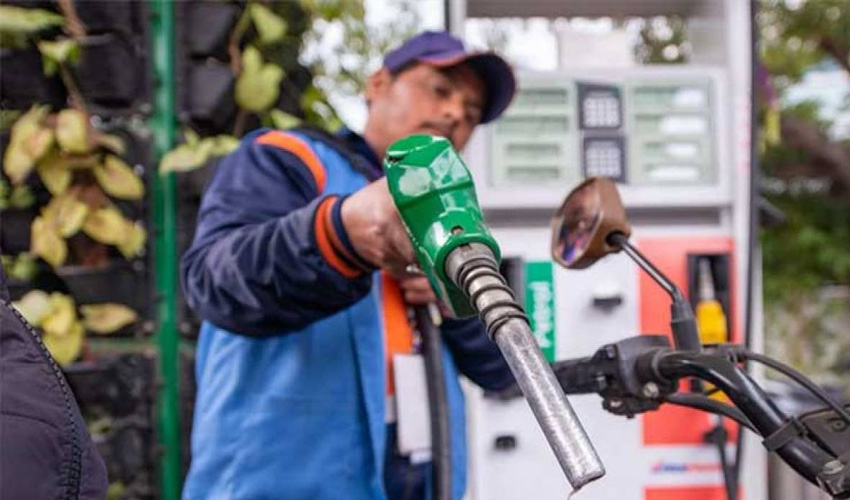In a significant economic development, the government has increased petrol prices to an unprecedented Rs. 347 per litre. This price hike, which comes amid ongoing economic challenges, is expected to have wide-reaching effects on transportation costs, consumer goods, and household budgets.
Details of the Price Hike
The price of petrol has been raised by Rs. 20 per litre, marking a substantial surge that will directly impact citizens across the nation. The latest adjustment reflects the government’s attempt to manage fiscal deficits and meet international obligations, especially those tied to loan agreements with financial institutions.
This hike follows a series of increases in recent months, exacerbating the financial strain on ordinary citizens. Diesel prices have also been revised, further amplifying concerns among transporters and logistics operators.
Economic Implications
The decision to increase petrol prices comes at a time when inflation is already at record levels. The transportation sector is expected to bear the immediate brunt of the hike, leading to higher costs for goods and services. Public transport fares are also likely to rise, placing an additional burden on daily commuters.
Analysts suggest that the ripple effects of this hike will extend to every corner of the economy. Increased fuel prices will drive up the cost of essential commodities, reducing the purchasing power of households and squeezing disposable incomes.
Public Reaction
The announcement has sparked widespread concern among citizens and businesses alike. Social media platforms are buzzing with criticism, as many express frustration over the government’s inability to stabilize fuel prices.
“This increase will make life even more difficult for the average person. How are we supposed to manage?” asked a resident of Karachi on Twitter, echoing the sentiments of many others.
Meanwhile, transport unions have hinted at possible strikes, citing the unsustainable cost of operating vehicles. Such moves could further disrupt daily life and economic activity.
Why the Increase?
The government attributes the price hike to fluctuations in global oil markets and the devaluation of the local currency. With limited foreign exchange reserves, the country is struggling to keep up with rising import costs. Officials argue that the adjustment is necessary to prevent further economic deterioration and to maintain financial stability.
What’s Next?
As citizens brace for the impact of this price hike, experts recommend measures such as carpooling, reducing unnecessary travel, and exploring alternative energy sources to mitigate costs. However, without substantial reforms and relief measures from the government, the economic outlook remains challenging.
The latest petrol price increase underscores the urgent need for sustainable policies to address the underlying issues in the energy sector and the broader economy.



Comments (0)
No comments yet. Be the first to comment!
Leave a Comment